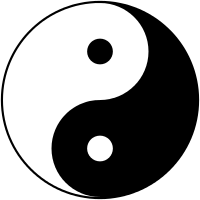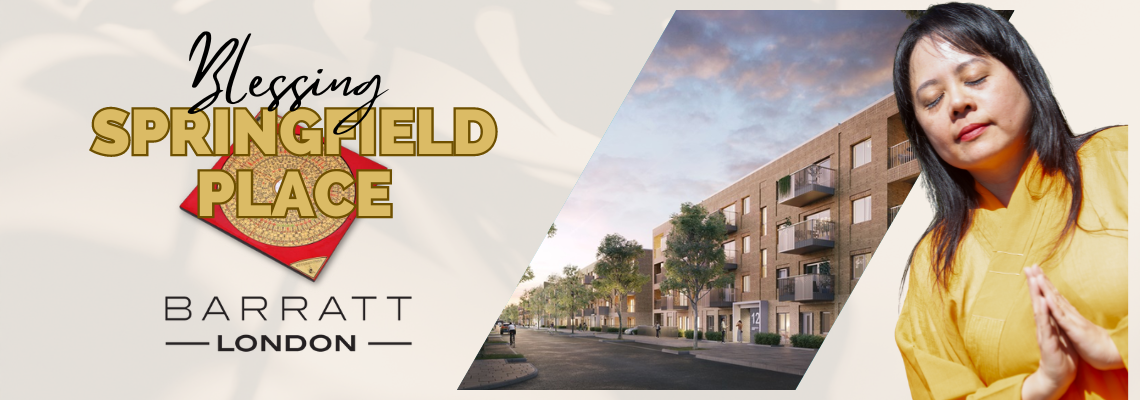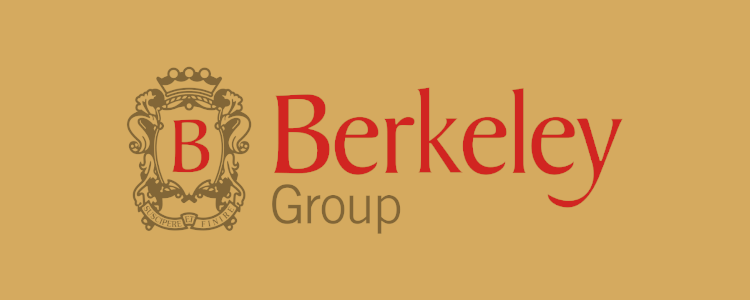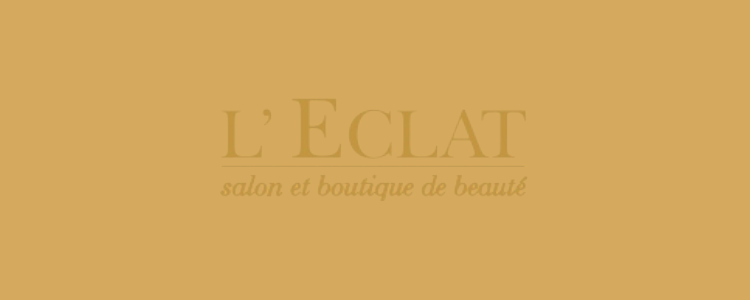On one hand Feng Shui is a word very much like Yin-Yang (or the better known Tai Chi symbol that’s erroneously become known as Yin-Yang). This is because Feng Shui translated is a duality concept. Literally translated it means Wind and Water and these are two types of opposing Qi energy.
- Wind is the masculine Qi. It ascends to heaven and is full of movement. It’s represented by the light part of the Tai Chi symbol.
- Water is the feminine Qi. It descends and is earthly and still. This is represented by the black side of the Tai Chi symbol.
In this sense it is about balance. Too much masculine Qi and a place is harsh to support much life. Too much feminine Qi and a place becomes stagnant. Perfection would be live right in the intersection between the two, which is the most supportive of life.
Yet in reality, mankind has always tried to bend the rules to his advantage. Here are some common ways we see this in Feng Shui:
- the husband wishes for more control in the relationship than the wife and so makes the Dragon side of the building larger than the Tiger
- the business looking to upset its neighbors, builds a venue with a jagged side to send negative energy at them (the Hong Kong bank Feng Shui wars are a great example of this)
- the casino may tip its energy to the Yang side in an attempt to cause heightened confidence and over exhuberance
This is the same as in martial arts. To strike is Yang. To be perfectly balanced in a fight one would either need to be Jesus or to have attained the state of Zanshin – a moving meditation where there is no attacker and no defender since all is one. For the rest of mere mortals, there is still a lot of Yang energy needed to practiced martial arts.
In this sense, when a person says “this place was Feng Shui’d” we’re probably doing ourselves a disservice if we simply take the term Feng Shui to mean it was balanced. A master of Feng Shui will understand that owner of the home is of a strong Metal Qi disposition. Balancing it for him would mean the building is high in Wood Qi. If a strong Fire Qi person were then to walk into it, the extra wood energy would imbalance them since wood breeds more fire.
Feng Shui is almost always carried out in this way – the notion of balance is subjective and based upon the owner or commissioner of the survey’s needs. It’s not based upon a universal sense of balance in which Yin and Yang and all of the Five Elements are placed in their appropriate directions in equal proportions.
If you are in a place that has been subject to the critique of a Feng Shui master, study it in detail. Look to see who it was balanced in favour of.
If it is a business, see if they are using it to make you too free with your purse strings.
If it is a residence, you may be able to discover what the owner’s Qi consists of.
One thing is certain; at least you won’t be fooled into blindly believing that the idea of balance that humans use is the same as that which Buddha uses!




































